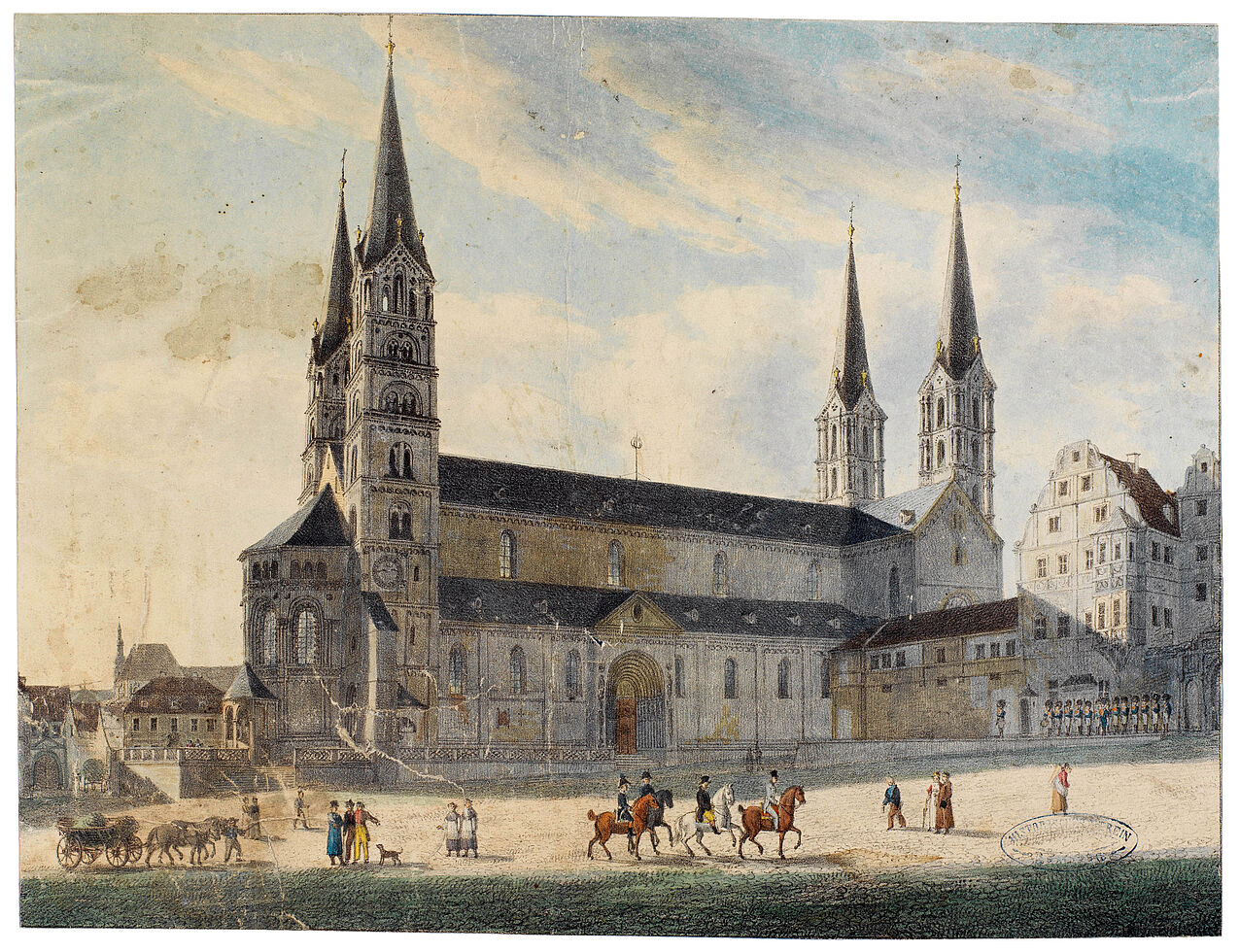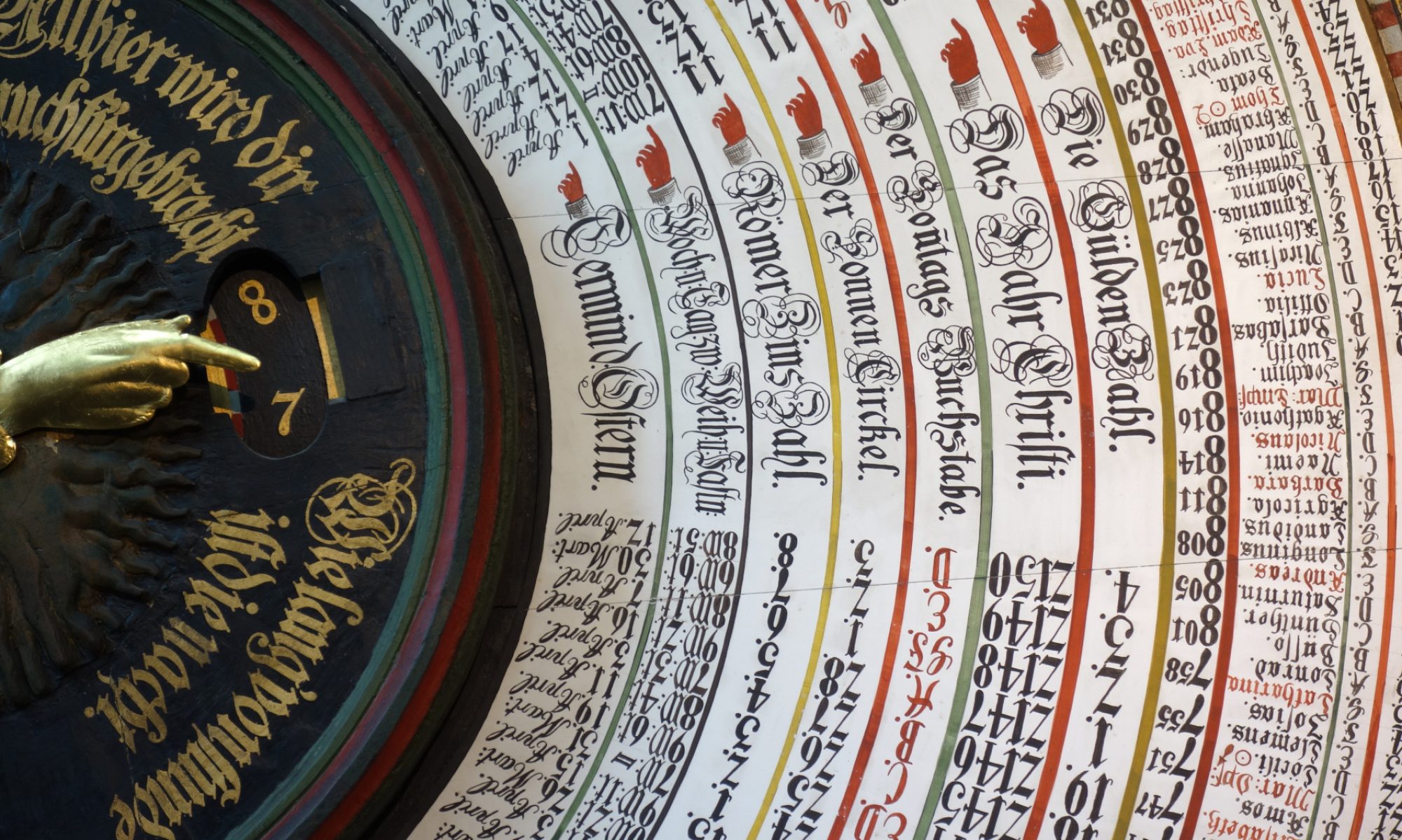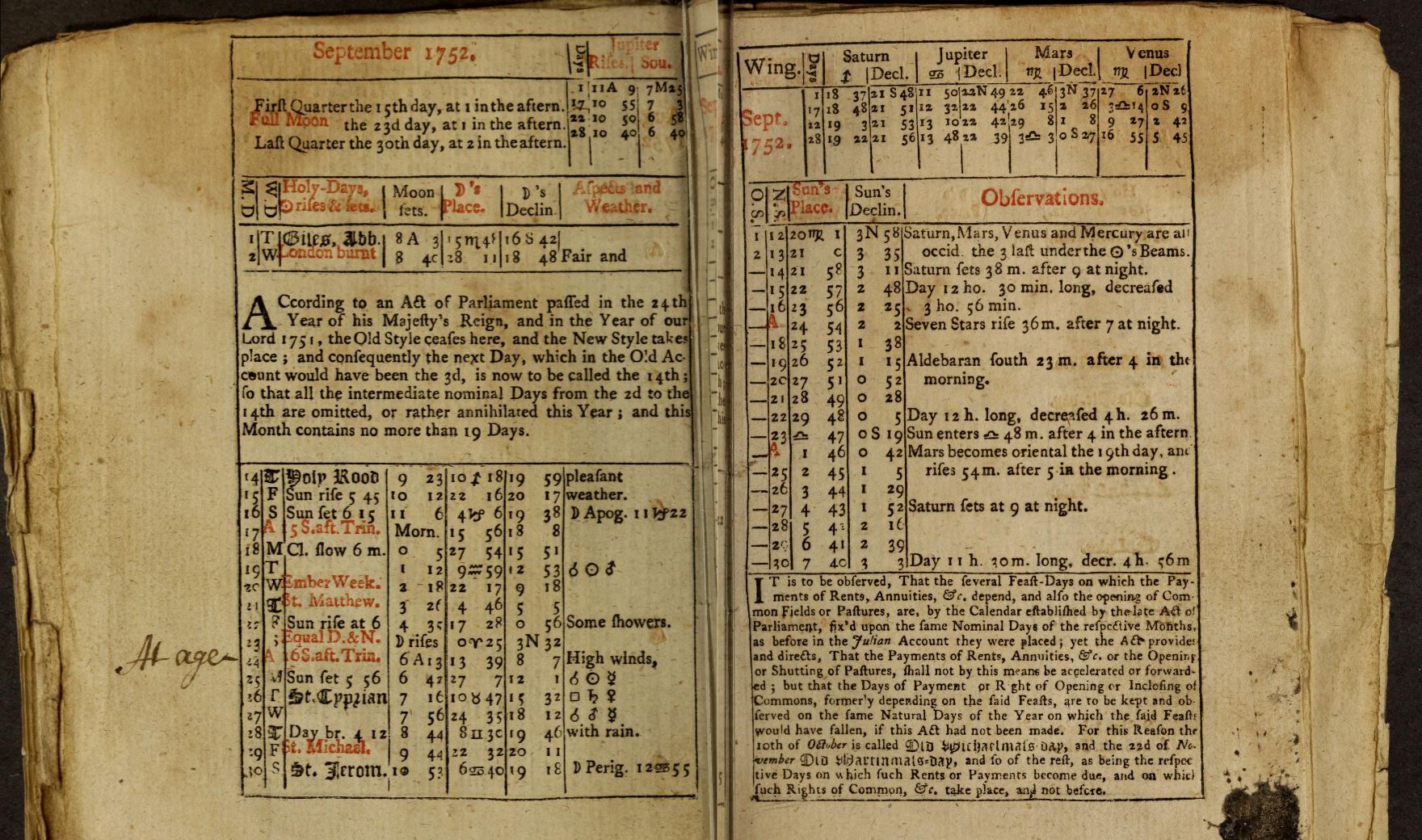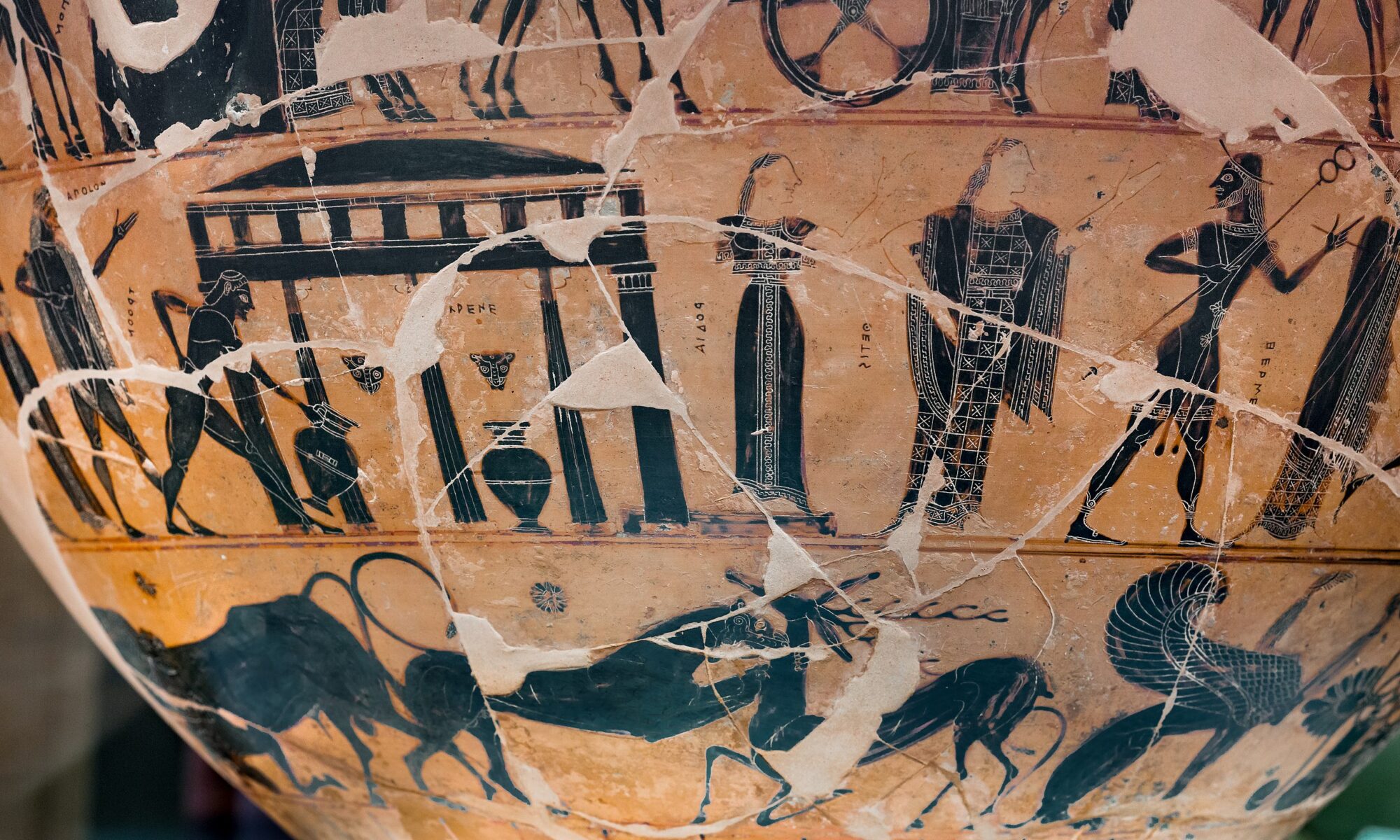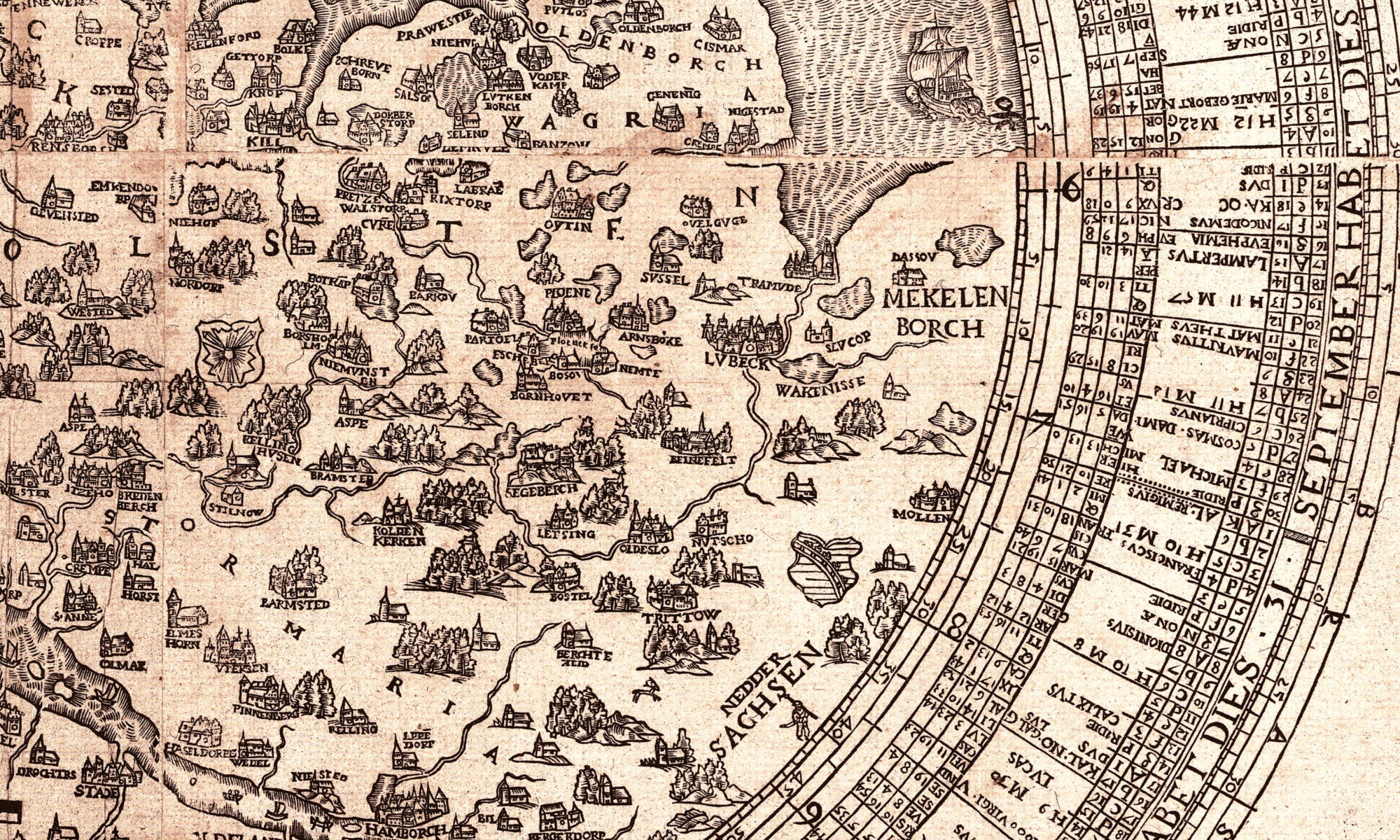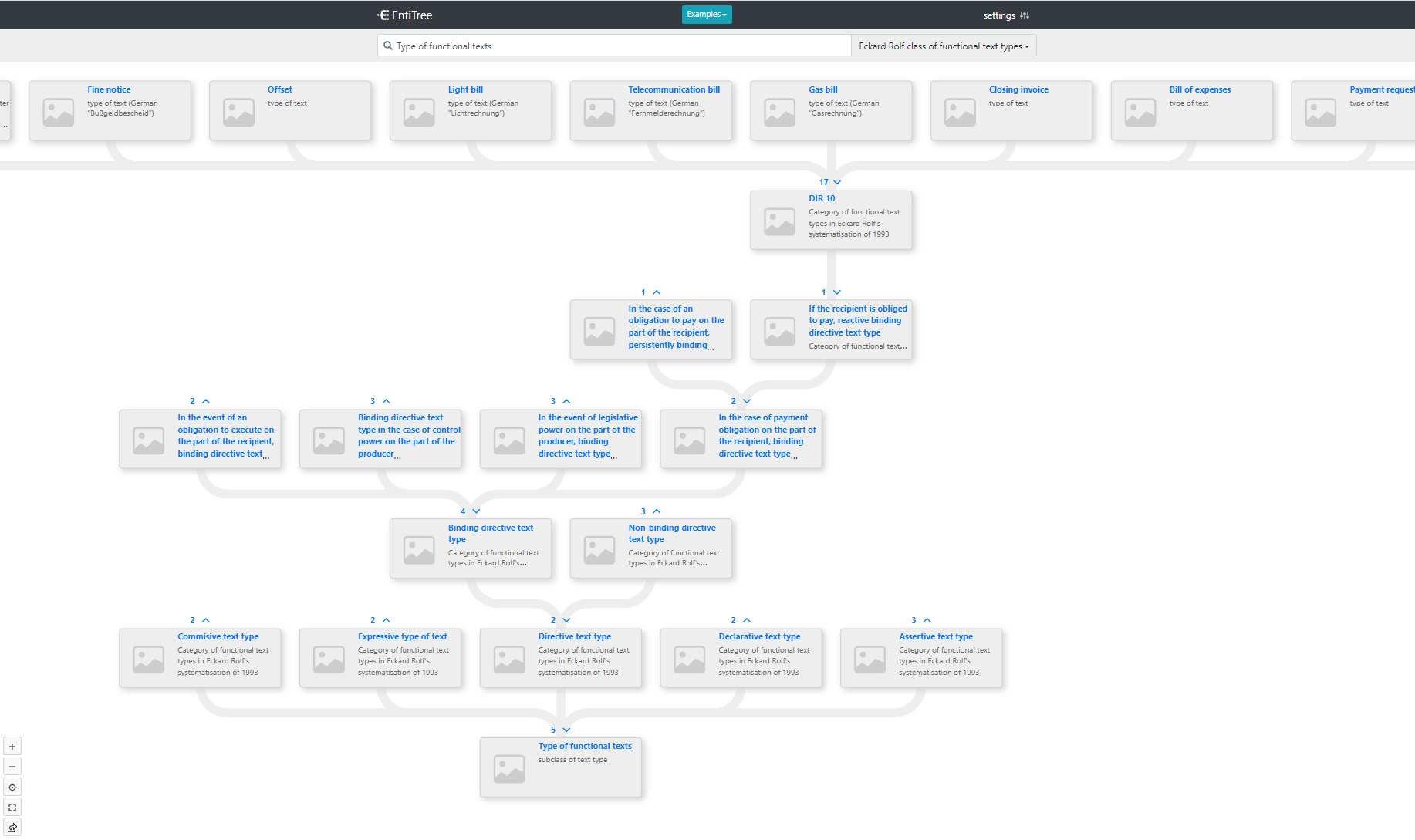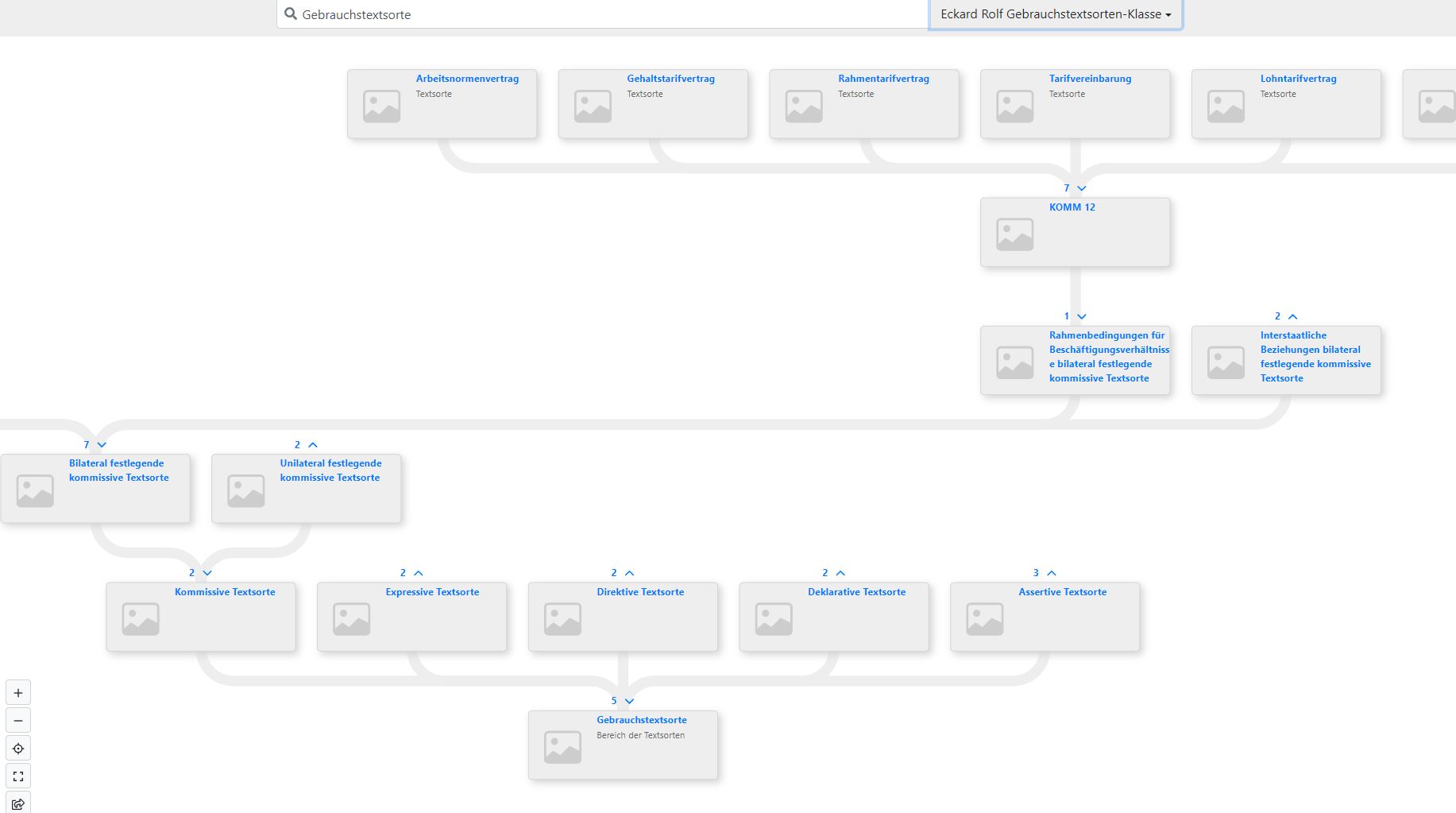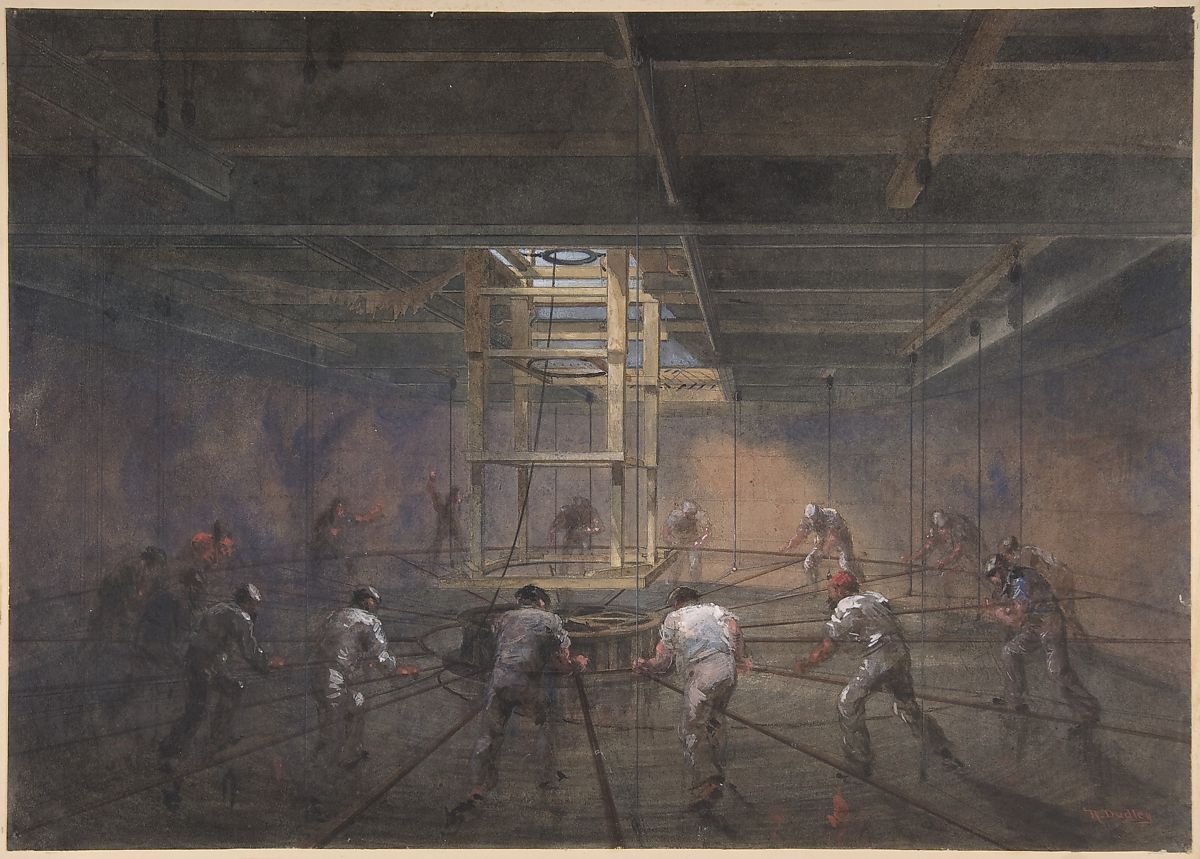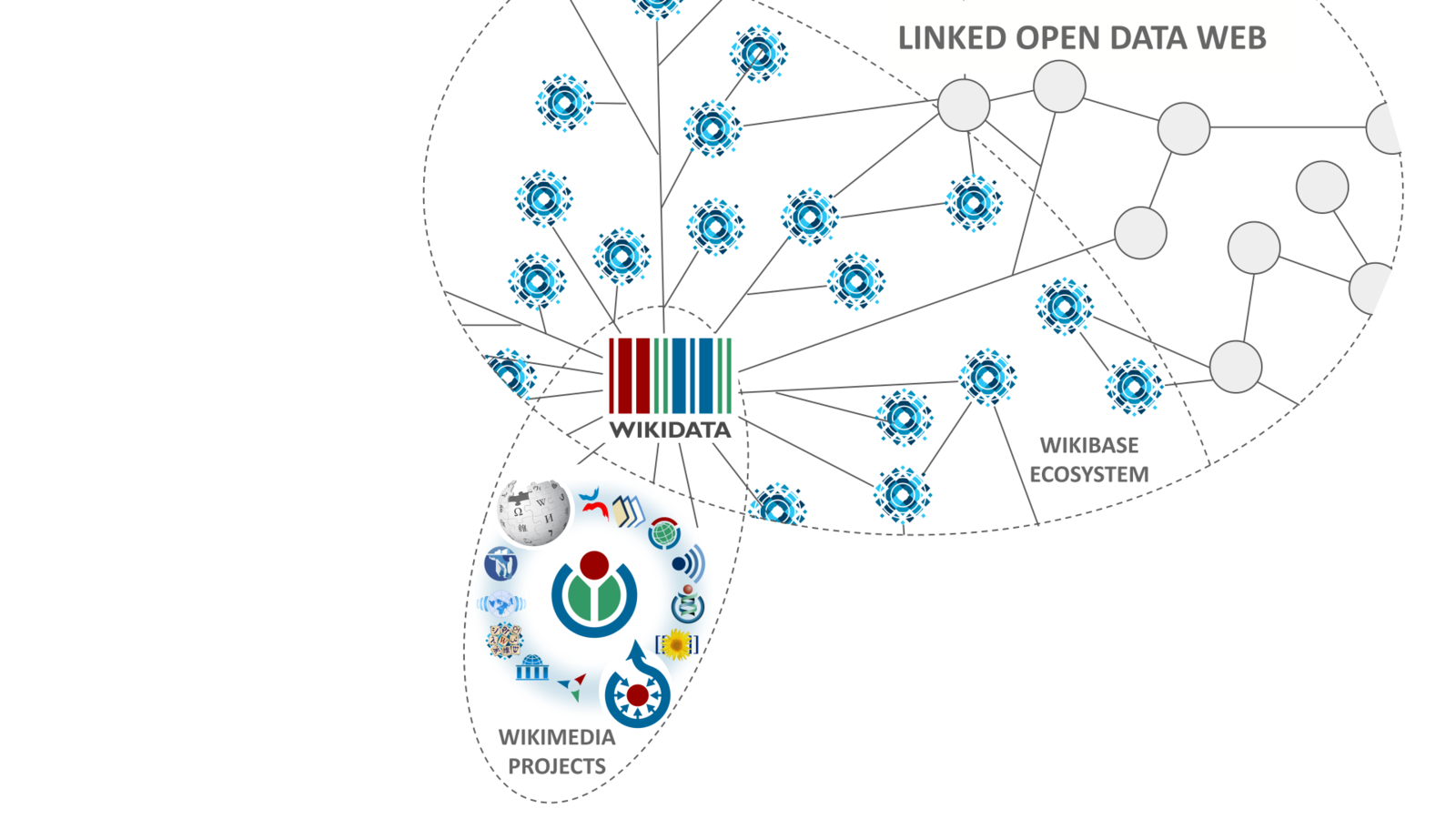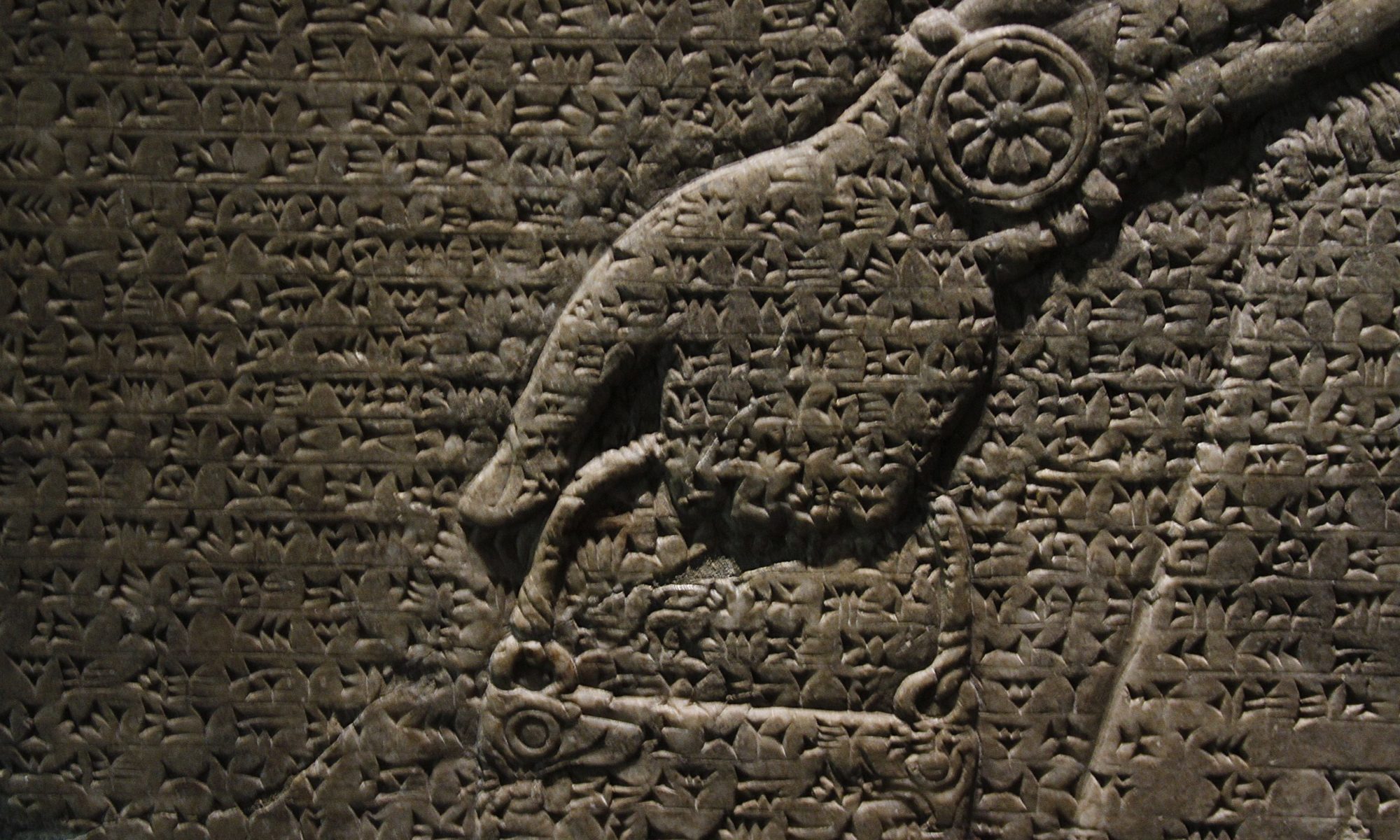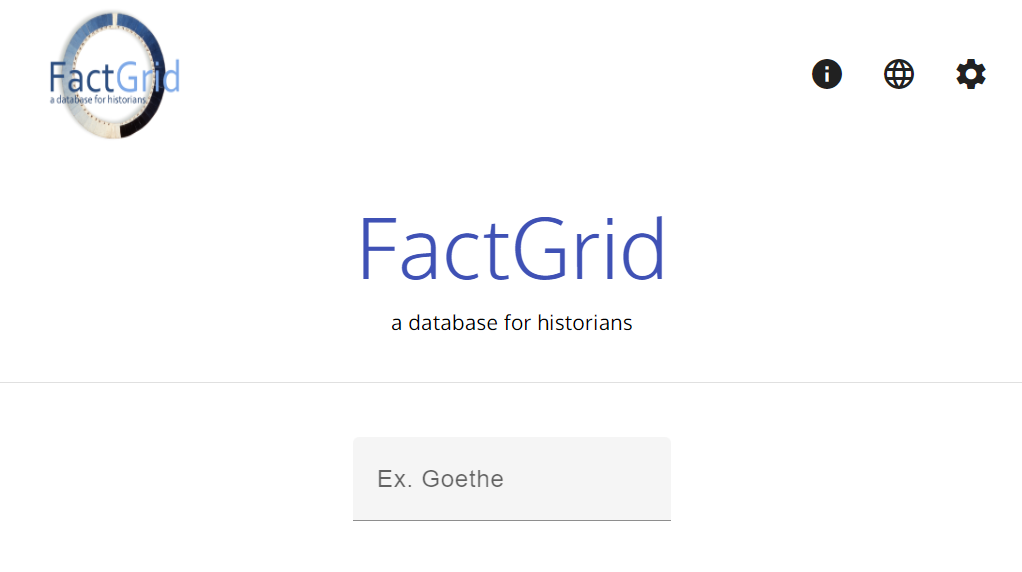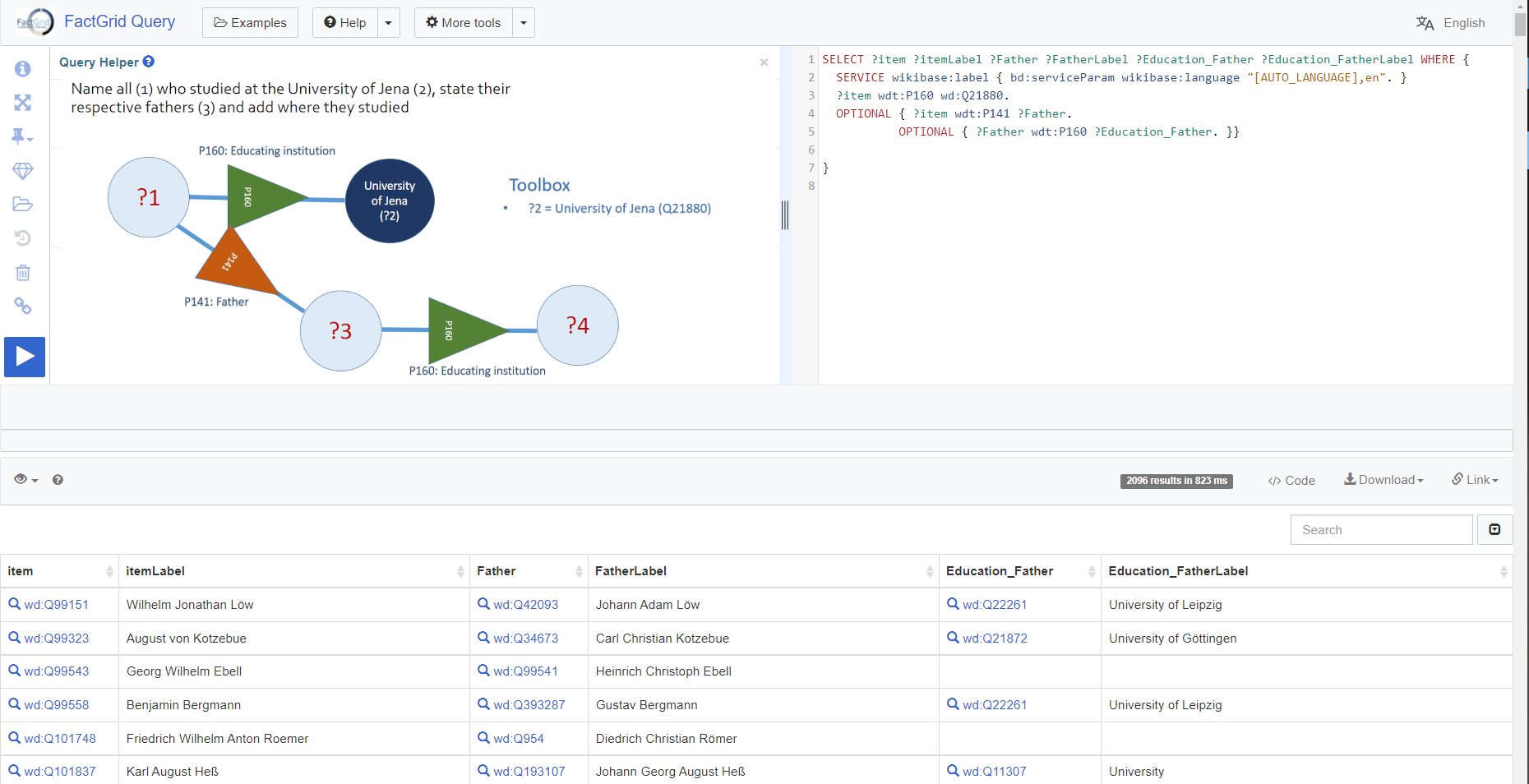Social Philately ist eine philatelistische Bewegung, die in den 1980er Jahren in Australien und Neuseeland entstand und Anfang der 2000er Jahre Europa erreichte. Diese Bewegung zielt darauf ab, traditionelle philatelistische Fragestellungen zur Analyse... Read More | Share it now!
Accessing the Sessions of the Bamberg Cathedral Chapter
Conservative estimates assume that towards the end of the early modern period, more than a tenth of the population of the Holy Roman Empire lived in ecclesiastical states. In Franconia, the proportion was even higher. Almost half of the inhabitants of... Read More | Share it now!
Modelling Premodern Political Entities – Case Studies from Eastern Europe
Words shape our understanding of the world. Especially in times of Disinformation, we as scholars need to be sensitive about the framing in which we put the knowledge we would like to share. The obstacles of this task become even higher in Digital... Read More | Share it now!
At least a make shift solution: The “Julian calendar stabiliser”
My last blog post triggered a couple of responses on Twitter. It seems I touched a problem that will not be solved that easily. Save dates as Julian on your Wikibase (manually or, with the /J switch, in your QuickStatements mass input) and your... Read More | Share it now!
Are our Wikibase QueryServices about to mess up two millennia of historical dates?
It was in February 2019 at a conference dinner of medievalists in Jena when I was first confronted with the calendar problem which Wikibase had been posing ever since it had digested its first Julian calendar dates. I had given a Wikibase demonstration... Read More | Share it now!
Roscher’s Lexikon of Mythology as Linked Open Data: Starting a Project on FactGrid
In the age of Linked Open Data, the humanities have increasingly turned their attention from the mere collection of data to its modelling with ontologies and data models. In the field of Greek mythology, these approaches have started in very recent... Read More | Share it now!
Erste Hilfe beim Zuordnen mittelalterlicher Ortsnamen (5770 Vorschläge)
Anfang des Jahres fragten wir (ich gab die Frage für Kathleen Schnabel und das Team Robert Gramsch-Stehfests ins Netz) die Welt der “Twitter Mediävisten” nach einem klugen Tipp, wie wir gut 3000 mittelalterliche Ortsnamen identifiziert... Read More | Share it now!
A FactGrid vocabulary of types of functional texts after Eckard Rolf
auf Deutsch The data set in basic queries: The presently collected types of functional texts in German, English, French, and Spanish with Eckard Rolf’s bottom-line classifications https://tinyurl.com/27ctrfam EntiTree visualisation of the... Read More | Share it now!
Eckard Rolfs Vokabular der Gebrauchstextsorten als FactGrid-Angebot
English version Der Datensatz in Basis-Abfragen: FactGrid-Vokabular der Gebrauchstextsorten nach Eckard Rolf, Die Funktionen der Gebrauchstextsorten (Berlin/ New York, 1993), 2079 Items (Stand Juli 2023), alphabetisch sortiert, Download-Optionen am... Read More | Share it now!
PhiloBiblon receives a new grant from the National Endowment for the Humanities
We are delighted to announce that PhiloBiblon, a database of the primary sources for the study of medieval Iberia, has received a two-year implementation grant from the Humanities Collections and Reference Resources program of the National Endowment... Read More | Share it now!
FactGrid Goes NFDI
Friday week before last, we received the news that so many working groups had been eagerly awaiting: the 4Memory consortium (of historical studies) will become part of the Nationale Forschungsdateninfrastruktur (NFDI), the German National Research Data... Read More | Share it now!
FactGrid wants to become part of the Wikidata federation ecosystem
Linked, open data and Knowledge Graphs show their full power when they are connected. In technical terms this is called federation. A query across multiple data sources is then a federated query. For example, an item from FactGrid is linked to the... Read More | Share it now!
The FactGrid Cuneiform Project: A Wikibase for Cuneiform Sources
You are not looking at a sheet of cookies or ceramic tiles, these are a group of tablets from the Anatolian Civilizations Museum in Ankara, Turkey. They come from an ancient city called Kanesh, in Kültepe Turkey, in the region of Cappadocia,... Read More | Share it now!
Browsing FactGrid with the FactGrid Viewer
update: 25-05-2024 FactGrid is a wonderful, free and collaborative resource that the Gotha Research Center of the University of Erfurt in Germany has made available to the international historical community through the efforts of Olaf Simons. Many... Read More | Share it now!
Imagine a Graph Query Helper for Graph Databases
FactGrid is a graph database. If you run searches in such a database you should rather not think of a resource filled with interrelated tables (of people, places, organizations, documents…) – but of something more spatial, more geometric,... Read More | Share it now!


